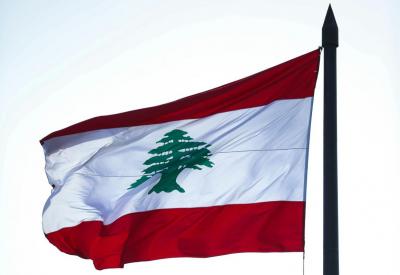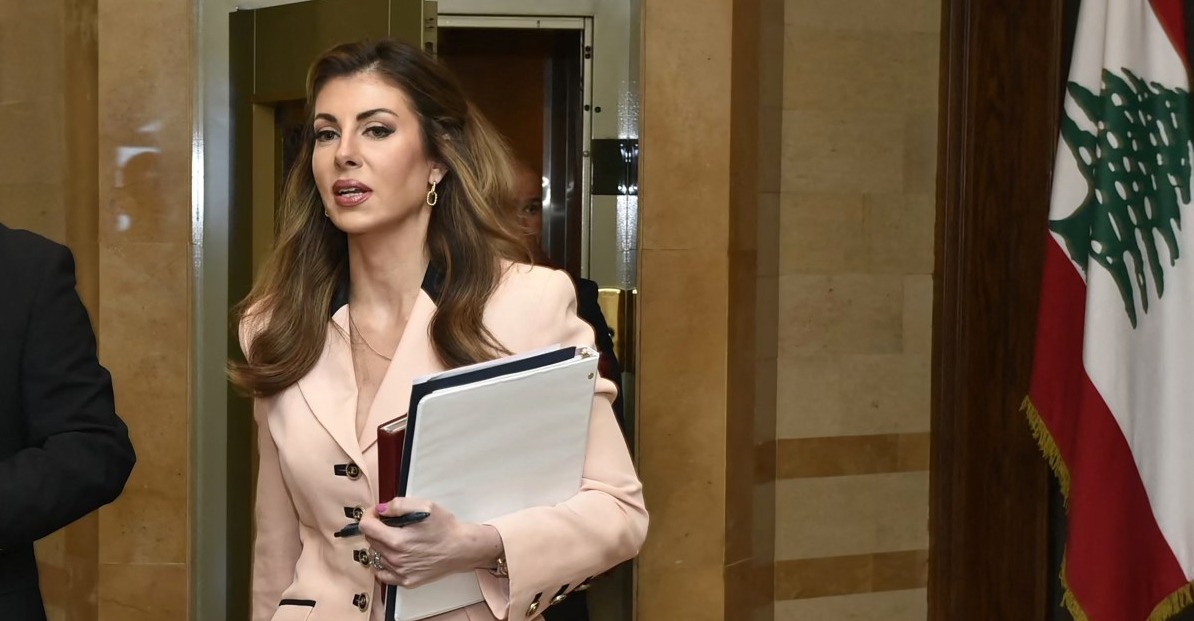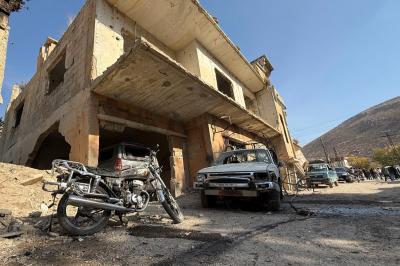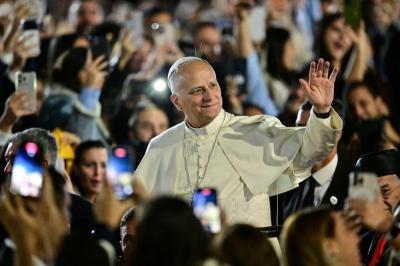Before any comment or information was released by any U.S. official about the meetings of U.S. Presidential Envoy Morgan Ortagus with Lebanese officials, most of the published details came from Lebanese sources, often attributed to "informed sources" or "close circles" to the top Lebanese officials. Only the Lebanese Presidency issued a statement highlighting the “positivity” of the discussions, explicitly and unequivocally declaring the President’s stance on contentious issues related to "Hezbollah's" weapons, Israeli withdrawal, and normalization with Israel.
It was clear that Lebanese officials aimed to emphasize the positive aspects and project steadfastness on key positions—such as "Israeli withdrawal priming all other issues"—while circulating narratives suggesting Ortagus' meetings were constructive.
By Sunday evening, Ortagus herself spoke. She maintained a friendly tone, her smile unwavering even when faced with challenging or provocative questions aimed at exposing contradictions or shifts in the U.S. stance.
Her remarks were unambiguous: She speaks on behalf of the Trump administration, not on her own behalf, and as a U.S. presidential envoy, she does not represent Israel or explain Israeli positions. If the Lebanese want clarity on Israel’s stance, they should ask directly, she asserted.
During the day, the media made a fuss over her Star of David necklace, but the whole hullabaloo was dismissed as “foul-smelling bubbles,” irrelevant to policy. After all, the necklace does not dictate positions or reflect the wearer’s views.
Ortagus presented Lebanon with two choices: Implement your commitments—disarm "Hezbollah," consolidate arms under exclusive state authority, fully enforce the ceasefire and UN Security Council Resolution 1701 (and related international resolutions) across all Lebanese territory, and adopt administrative, economic, and financial reforms—to secure U.S. partnership. Or delay, and squander the opportunity.
She also clarified that while she did not discuss normalization with Israel with the President, he did not oppose forming three committees to address specific issues with Israel.
We believe, and want to trust, that this government differs from its predecessors, committed to ensuring each authority stays within its constitutional role. There are signs the legislative branch may reassert its oversight role alongside legislating.
Our hope is that officials have learned from the mistakes of their predecessors. As one foreign ambassador, who spent years in Lebanon during turbulent times, observed: Lebanese leaders once behaved like a man who proposed to one woman while eyeing her friend—unaware the two women shared secrets.
The lesson? Lebanon’s future hinges not on empty gestures, but on genuine resolve to uphold sovereignty, reform, and international obligations. Ortagus' message was clear: The ball is in Lebanon’s court.
Please post your comments on:
[email protected]
 Politics
Politics














